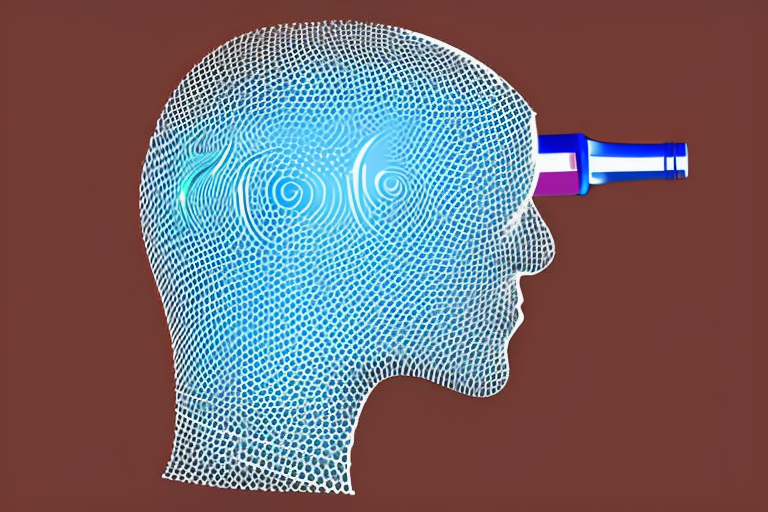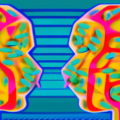Alcohol is widely used and considered the most socially acceptable drug. It’s a central nervous system depressant that affects judgment, coordination, and emotions.
Alcohol withdrawal syndrome (AWS) refers to the physical and psychological symptoms that occur when someone who has been regularly drinking suddenly stops or reduces their alcohol consumption. Alcohol withdrawal symptoms can range from mild to severe, and can include:
- Tremors: Shaking or trembling, especially in the hands.
- Insomnia: Difficulty sleeping or staying asleep.
- Nervousness: Feelings of anxiety, restlessness, or agitation with irritability.
- Sweating: Increased sweating, especially at night. May be with fever.
- Nausea and vomiting: Stomach upset and the urge to vomit.
- Rapid heart rate: Increased heart rate or palpitations.
- High blood pressure.
- Cognitive and physical fatigue.
- Headaches.
- Active and vivid dreams.
- Delirium Tremens (DTs): A severe form of alcohol withdrawal that can cause confusion, disorientation, seizures, and external, auditory, and tactical hallucinations. DTs can be life-threatening and typically occur within 48 to 72 hours after the last drink.
It’s important to note that alcohol withdrawal can be dangerous and even life-threatening, particularly for heavy drinkers or those with a history of alcohol dependence.
However, there are some steps you can take at home to help manage mild withdrawal symptoms.
- Hydration: Drink plenty of water to help replace fluids lost due to excessive alcohol consumption.
- Nutrition: Eat a balanced and nutritious diet to help replenish vitamins and minerals lost due to alcohol use. Especially useful will be thiamine, folic acid, and pyridoxine.
- Sleep: Get enough rest and sleep to help the body recover from the effects of alcohol.
- Avoid triggers: Avoid situations, people, or places that may trigger a desire to drink.
- Exercise: Engage in physical activity, such as walking or yoga, to help reduce stress and anxiety. But do not try to be active if you don’t have the strength and the condition is still far from ideal. Sports should be appropriate and adequate for your condition.
- Support: Seek support from friends, family, or a support group to help you through the withdrawal process.
- Medications: Over-the-counter pain relievers such as ibuprofen or acetaminophen can help relieve headaches and body aches.
It’s important to remember that alcohol withdrawal can progress quickly, so if you or someone you know is experiencing severe symptoms such as seizures or hallucinations, seek medical attention immediately. Treating AWS in a hospital or detox facility under medical supervision can ensure the best outcomes and minimize the risk of complications.
That’s all for today.
If you think that something needs to be added or corrected in this article, please do not hesitate to reach out to me. I am always open to dialogue.
I hope this article was helpful. If you would like to support the development of this blog, please consider the following actions:
- Subscribe to my social media accounts.
- Share a link to this article with your friends.
- Mention this blog on relevant resources or in chat groups.
Thank you for your time and attention 👨⚕️





Thanks
I would wish to given more information on avoiding triggers
Its very educative and very true